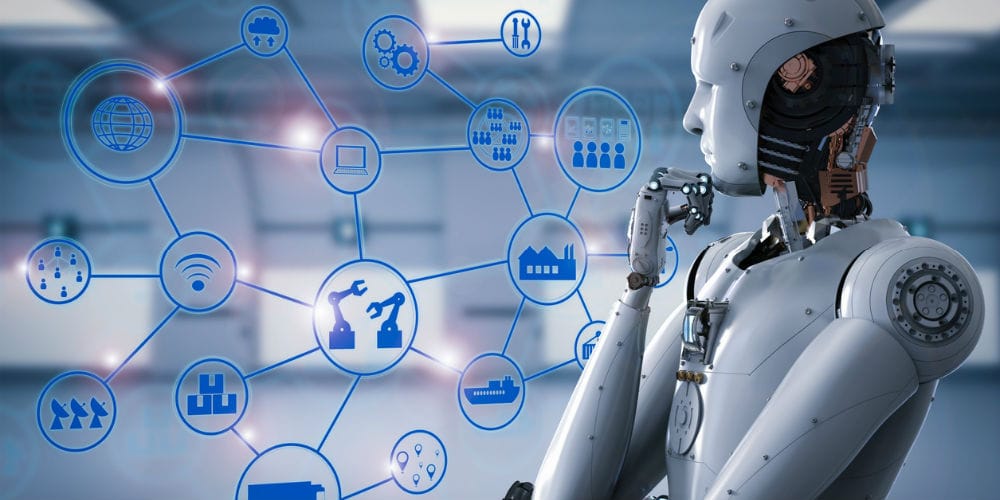In the ever-evolving landscape of Information Technology (IT), one trend stands out as a game-changer – AI-powered automation. As organizations strive to optimize processes, enhance efficiency, and meet the demands of a rapidly changing digital world, artificial intelligence and automation have emerged as indispensable tools. In this blog post, we will explore the impact of AI-powered automation on Information Technology, its benefits, challenges, and its role in shaping the future of the industry.
Streamlining IT Operations:
AI-powered automation is revolutionizing how IT departments manage and maintain complex systems. Routine tasks like software updates, network monitoring, and data backups can now be efficiently handled by intelligent algorithms. This liberates IT professionals from mundane tasks, allowing them to focus on more strategic initiatives, problem-solving, and innovation.
Enhancing Cybersecurity:
With cyber threats growing in sophistication, the need for robust cybersecurity solutions is paramount. AI-driven cybersecurity tools analyze vast amounts of data to detect anomalies, identify potential vulnerabilities, and respond to attacks in real-time. By constantly learning from new threats, AI-powered cybersecurity systems can provide proactive defense mechanisms, significantly reducing the risk of data breaches and cyber-attacks.
Personalizing User Experiences:
AI-powered automation facilitates a personalized user experience by leveraging data analytics to understand user behavior and preferences. From content recommendations on websites to targeted marketing campaigns, AI helps IT professionals deliver tailored experiences that resonate with users, leading to increased engagement and customer satisfaction.
Driving Business Intelligence:
In the age of big data, making sense of massive datasets is critical for decision-making. AI-driven data analytics tools can quickly analyze and interpret data, providing valuable insights that guide business strategies. From forecasting trends to identifying market opportunities, AI-powered business intelligence tools enable organizations to make data-driven decisions with greater confidence.
Empowering IoT and Edge Computing:
The Internet of Things (IoT) and edge computing have gained significant momentum, with AI-powered automation at their core. By deploying AI algorithms on edge devices, data processing can occur closer to the source, reducing latency and enhancing real-time responsiveness. AI’s ability to analyze data locally enhances the efficiency and security of IoT systems, making them more viable across industries.
Addressing Ethical and Societal Implications:
As AI-powered automation becomes more prevalent, it raises ethical concerns about job displacement and data privacy. Organizations must strike a balance between maximizing efficiency through automation and preserving the human workforce. Additionally, ensuring transparency and accountability in AI decision-making processes is crucial to maintaining trust with users and customers.
Conclusion:
AI-powered automation is not merely a passing trend but a transformative force in Information Technology. By automating mundane tasks, bolstering cybersecurity, personalizing user experiences, driving business intelligence, and empowering IoT and edge computing, AI is revolutionizing the IT landscape. Embracing this technology is essential for businesses to stay competitive in the digital era. However, it is equally important to address ethical and societal implications proactively to ensure a responsible and sustainable integration of AI in IT operations. As AI continues to evolve, its potential impact on the industry is boundless, promising a future of unprecedented innovation and growth.
Read More : Cloud Computing Security Architecture

